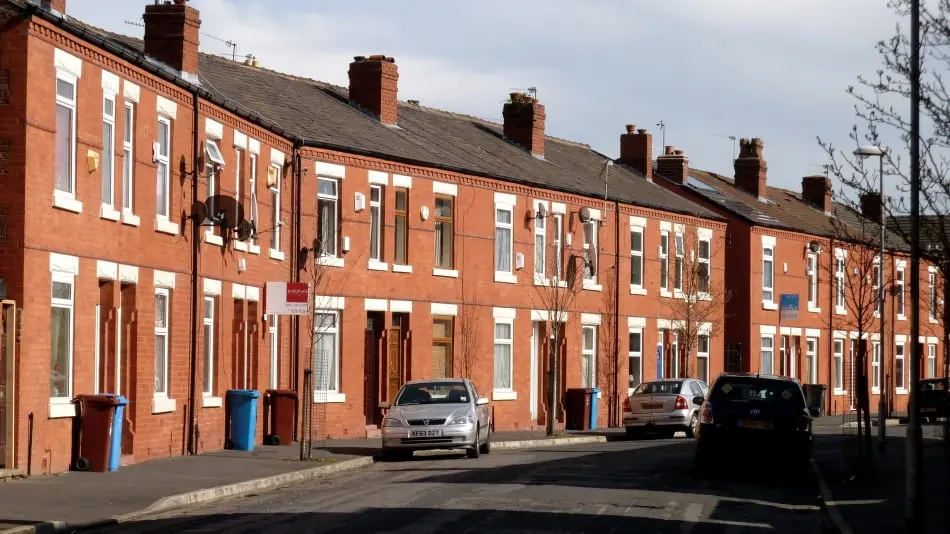All eyes were on Capital Gains Tax in Rachel Reeves’ first budget on 30 October 2024. As had been widely expected, rates for the disposal of shares and other assets were increased from a basic rate of 10% to 18% and 18% to 24% for higher tax rate payers. This brings the rates neatly in line with those for the disposal of residential property. Many commentators had expected rates to increase for the disposal of property – potentially to 40% – so the outcome will be a relief to many.
Capital Gains Tax in its current form is unfair because the gain that it taxes includes an element of inflation. Some tax commentators had called for the return of indexation where an allowance is made for inflation or taper relief where a lower rate is paid the longer the asset is held. As it stands, 24% is not a punitive rate when you consider that other income can be taxed at 45%. This is likely to encourage landlords to sell. Given that this is the second biggest tax raising budget since the second world war, landlords will also be right to fear possible future increases. So they are likely to sell sooner rather than later.
The biggest surprise for the property sector was that the chancellor raised additional stamp duty from 3% to 5%. This will be a significant deterrent for landlords adding to their portfolio. The government has made their position clear – they don’t want landlords to buy and they are encouraging them to sell. Latest research by the NRLA, from Quarter 2 this year, tells us that although 9% of landlords were thinking of buying, 39% are thinking of selling. The housing minister, Matthew Pennycook, says he “takes this with a pinch of salt.” 21 applicants are trying to rent every available property at the moment. Rents are up by 8.6% in the UK in the 12 months to August. What is the government doing about this supply crisis?
The budget includes measures to protect and build more council housing. £500 million has been allocated to build new units with a view to doubling the annual total from 11,000 to 22,000. Right to Buy discounts are being reduced to stem the sale of council homes and the government has confirmed that all receipts from the sale of council homes will be used to build more. £230 million has been allocated to supporting homelessness services, but local housing allowance remains frozen. That means that fewer households on benefits will be able to afford rents that are rising due to lack of supply. Government strategy is to support lower income renters with more council homes but these measures are contradictory and barely scratch the surface.
The chancellor committed £5bn for affordable homes and first time buyers continue to pay no stamp duty on properties up to £450,000. So this is intended to support better off renters out of the private rented sector (PRS) and naively assumes that first time buyers will buy properties that landlords will not be buying or are selling. That leaves a substantial proportion of the 4.5 million PRS households with shrinking supply and The Renters Rights Bill. The government says that the bill will enable renters to give two months notice if they are dissatisfied with their landlord or the property. They will be able to challenge rent increases at a tribunal. But with dwindling supply where will they move to if they are unhappy?
We need the private rented sector for students, people moving for work, separating, downsizing, getting married. For all kinds of situations, the off the shelf flexibility and city centre locations that the PRS offers are vital. Landlords want a functioning private rented sector. We need slightly too many rental properties where poor quality accommodation doesn’t get rented and tenants have genuine choice. A surplus of properties would stabilise rents. Nothing that the government is doing is creating a functional sector. Their approach is driven by a dogmatic dislike of landlords. A view that profiting from property is vulgar and it should be made as difficult as possible.
82% of tenants say they are happy with their accommodation in the private rented sector compared with 74% in the social sector. The vast majority of landlords provide a good service and went into the business – like many self employed people and business owners – because they like property, financial strategy, working with and helping customers. The increase in Additional Stamp Duty is a clear signal that our work is not wanted. The supply crisis in the PRS can only deepen and tenants will suffer the most.









